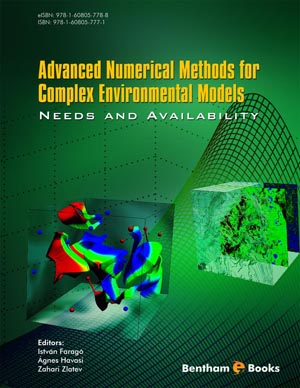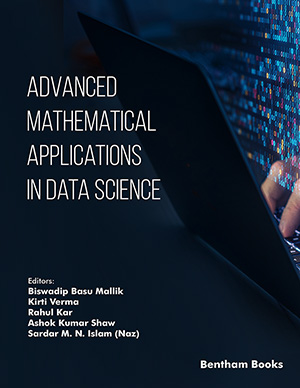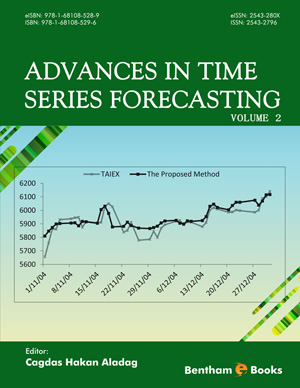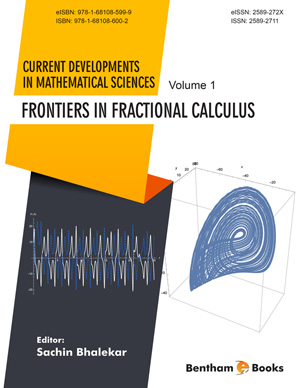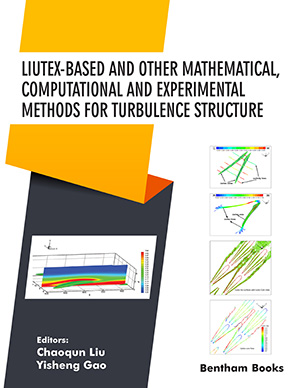Abstract
Anisotropic diffusion is a common physical phenomenon and describes processes where the diffusion of some scalar quantity is directionally dependent. Anisotropic diffusive processes are for instance Darcy’s flow for porous media, large scale turbulence where turbulence scales are anisotropic in size, and heat conduction and momentum dissipation in fusion plasmas. In fusion plasmas there is extreme anisotropy due to the high temperature and large magnetic field strength. This causes diffusive processes, heat diffusion and energy/momentum loss due to viscous friction, to effectively be aligned with the magnetic field lines. This alignment leads to different values for the respective diffusive coefficients in the magnetic field direction and in the perpendicular direction, to the extent that heat diffusion coefficients can be up to 1012 times larger in the parallel direction than in the perpendicular direction. This anisotropy puts stringent requirements on the numerical methods used to approximate the MHDequations since any misalignment of the grid may cause the perpendicular diffusion to be polluted by the numerical error in approximating the parallel diffusion. Currently the common approach is to apply magnetic field-aligned coordinates, an approach that automatically takes care of the directionality of the diffusive coefficients. This approach runs into problems in the case of crossing field lines, e.g., x-points and points where there is magnetic reconnection. It is therefore useful to consider numerical schemes that are more tolerant to the misalignment of the grid with the magnetic field lines, both to improve existing methods and to help open the possibility of applying regular nonaligned grids. To investigate this, several discretization schemes are applied to the unsteady anisotropic heat diffusion equation on a cartesian grid. All methods presented are generic and carry over to any other anisotropic diffusion problem.
Keywords: Finite-difference discretizations, mimetic discretization, Cartesian grids, field-aligned coordinates, anisotropic diffusion, perpendicular diffusion, convergence loss, biquadratic interpolation, tokamak magnetohydrodynamics, Darcy flow, semi-staggered grid, Vandermonde coefficients, diffusion tensor, consistency, convergence, numerical diffusion, heat conduction, curvature terms, modified Euler scheme, angle of misalignment.


